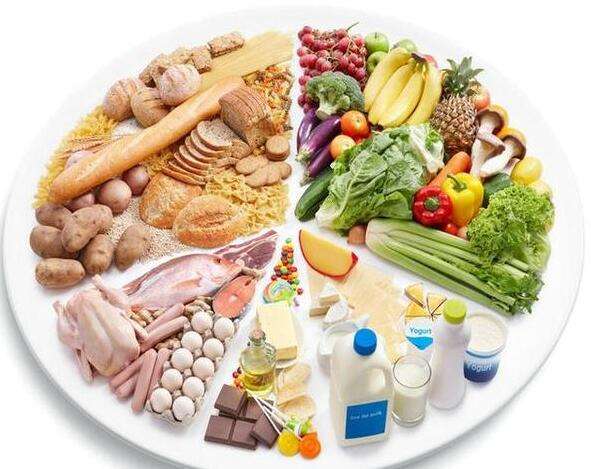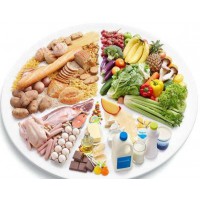What you probably don't know about protein intake
In Japan, with its aging population, the number of individuals living with dementia is increasing every year. Moreover, due to increased social isolation and lack of exercise because of COVID-19 restrictions, many health experts are concerned that the global pandemic will further contribute to rates of cognitive decline among the elderly.
Many people fear age-related changes in brain health. However, there are steps one can take to help support normal brain function. For example, scientists have long known that DHA, an essential fatty acid contained in fish, is essential for brain health. But recently other nutrients have also been linked to optimal function of this organ—protein, for example. Researchers studying the relationship between diet and the brain have found that people who consume optimal dietary protein are more likely to preserve the health of the brain during aging.

Protein intake declines with age—and what we can do about it
Many people worry about age-related changes in brain health. However, there are steps we can take to help support normal brain function. For example, scientists have long known that DHA, an essential fatty acid found in fish, is crucial for brain health. But more recently, other nutrients have also been linked to the organ's optimal function, such as protein. Researchers studying the relationship between diet and the brain have found that people who eat the best dietary protein are more likely to keep their brains healthy as they age.
Are we getting enough protein? A more in-depth analysis of protein intake by age group revealed that as many as 20 per cent of men and 16 per cent of women aged 65 to 74 May not be getting enough protein. What's more, that percentage seems to increase over time, with about 30 percent of Japanese men and women over 80 at risk for protein deficiency.
Therefore, it is important to pay attention to your protein intake when planning your menu. If you eat at least 20 grams of protein with each meal, you'll meet your RDA. In addition to eating more protein at breakfast and lunch, it's a good idea to review your daily diet and look for ways to eat a more balanced and varied diet. Meat, fish, eggs, dairy and soy products are all good sources of protein.

